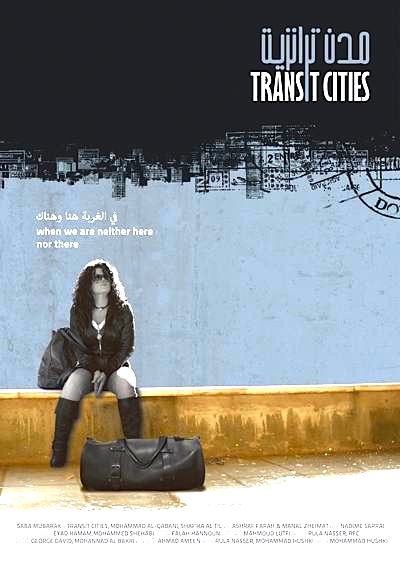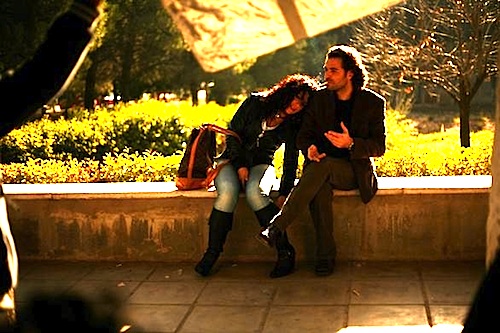 By Govindini Murty. I’m pleased to announce to Libertas readers that I’ve been invited to blog at The Huffington Post. I will continue to edit and write for Libertas, of course, but this is a great opportunity to reach a new readership as well. My first post at The Huffington Post just went up this afternoon, and was featured both on the front page and on the Entertainment page. There’s already a lively debate underway in the comments section, and I hope that Libertas readers will join in.
By Govindini Murty. I’m pleased to announce to Libertas readers that I’ve been invited to blog at The Huffington Post. I will continue to edit and write for Libertas, of course, but this is a great opportunity to reach a new readership as well. My first post at The Huffington Post just went up this afternoon, and was featured both on the front page and on the Entertainment page. There’s already a lively debate underway in the comments section, and I hope that Libertas readers will join in.
I’ll be cross-posting select posts so you can read my posts here or at The Huffington Post.
Here’s today’s post:
Sony Makes the Right Decision in Postponing Bin Laden Movie
After months of controversy over Kathryn Bigelow’s planned bin Laden movie, Variety has reported that Sony is postponing the release of the film until likely after the 2012 election. This is a wise decision on the part of the studio.

Sony’s bin Laden movie had come under a firestorm of criticism earlier this summer when Maureen Dowd wrote in the New York Times that director Kathryn Bigelow and screenwriter Mark Boal had been given special access to information on the bin Laden raid by the Obama White House, and that the film’s planned release in October 2012 was “perfectly timed” to help President Obama with the election. Not surprisingly, Republicans reacted to this news with outrage. Rep. Peter King of New York called for an investigation into the film, and Rep. Lynn Jenkins of Kansas announced plans for legislation titled the “Stop Subsidizing Hollywood Act” to prevent the filmmakers from accessing government information on the bin Laden raid. A movie that should have been a nonpartisan account of a great American victory — the Navy SEAL mission that killed the world’s most infamous terrorist — was in danger of being overshadowed by a cloud of partisan controversy.
The dispute over the bin Laden film didn’t just threaten to undermine the film itself — it also potentially diminished support for a number of other film and TV projects in the works that aim to portray the American military positively in the War on Terror. These projects range from Jerry Bruckheimer’s Navy SEALs TV series for ABC and Relativity’s Navy SEALs movie Act of Valor to movies like Peter Berg’s Lone Survivor and Christopher McQuarrie’s Rubicon that depict Navy SEALs fighting the Taliban in Afghanistan. While liberals in the industry are supportive of these films after the success of the bin Laden raid, conservatives paradoxically have become convinced by the dust-up over Sony’s bin Laden movie that all these other projects must be thinly disguised pro-Obama propaganda as well. (See the comments section of my recent article in The Atlantic, where conservatives responded with skepticism to news of these War on Terror projects.)
As a result, a movie that should have been a unifying depiction of an American victory in the War on Terror has become a political hot potato. Kathryn Bigelow and Mark Boal released a statement in August saying that their film would depict the killing of bin Laden as “an American triumph, both heroic, and non-partisan.” Nonetheless, Sony needed to change the release date to truly show that their bin Laden movie was not intended to influence the election. Continue reading ANNOUNCEMENT: LFM’s Govindini Murty to Blog at The Huffington Post


